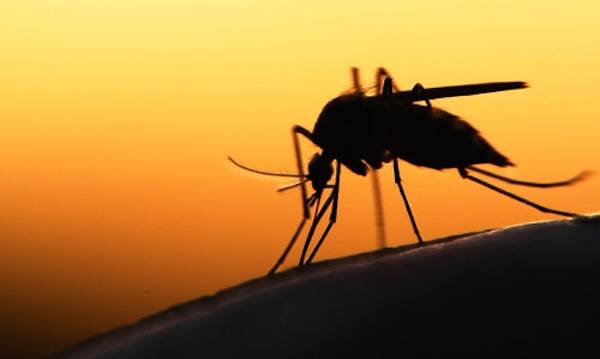Tackling malaria scourge in Nigeria
It is on record that malaria is a global challenge. It is also on record that more than one million new malaria cases are recorded each year. Unfortunately, Nigeria bears a huge part of the burden. An estimated 24 percent of malaria cases are recorded in Nigeria, making it the country with the largest burden […]


It is on record that malaria is a global challenge. It is also on record that more than one million new malaria cases are recorded each year. Unfortunately, Nigeria bears a huge part of the burden. An estimated 24 percent of malaria cases are recorded in Nigeria, making it the country with the largest burden of the disease. The vast majority of those at risk are children under five years and pregnant women. More than half of all school absences are due to malaria.
Nigeria has made appreciable progress turn against malaria. But despite the impressive gains, there is still much to do.
It is indeed instructive that the Nigeria Institute of Medical Research (NIMR) recently reported that no fewer than 51 million Nigerians tested positive to the malaria parasite, while a WHO survey revealed that the highest number of such cases occurred in the North West and North Central zones of the country. Articulating on this, Dr. Sam Awolola, NIMR deputy director for research established that “government must funds research by creating enabling environment, putting the right infrastructure in place and human capacity to do research, if not, we cannot make steady progress in alleviating malaria in this country”.
In accessing the challenges to ending malaria in Nigeria, Awolola painted the picture of un-seriousness in dealing with the problem that is claiming the lives of many Nigerians on a daily basis. He state that “Nigeria has a vaccine development laboratory but for many years, no money has been made available to run it. The American government has put close to $20 billion in developing genetically modified mosquitoes in the last 20 years, and up till now they have not been successful, but with us here, within one or two years we want results.
Research is a long term venture, but result will definitely come at the end”.
A look by Director, Malaria Project, Society for Family Health, Dr. Ernest Nwokolso, recently resorted to scary imagery to underline the depth of the malaria scourge in Nigeria. He said that with no fewer than 800 deaths recorded daily in the country are due to malaria.
According to Entwistle, an estimated 100 million malaria cases and about 300,000 deaths each year make Nigeria the country with the highest number of malaria casualties worldwide. The disease, going by available data, “is responsible for 60 percent of outpatient visits to health facilities, 30 percent of childhood deaths, 25 percent of deaths in children under one year and 11 percent of maternal deaths”. Entwistle also attributed the escalation of malaria in Nigeria to widespread of fake and substandard medicines. Apparently, the potential of new information and communication technologies is also very vital in strengthening the capacity and skills of health workers, and encouraging treatment. Community participation and knowledge remain a drive to the solution. The culture of malaria prevention must become part of the fabric of life in every community. Provision of nets alone will not bring about high coverage in Nigeria. We need to create awareness on the danger of malaria in Nigeria. A stitch in time saves nine. Malaria is a scourge in Nigeria.
Ademola Muyide Sunday, Department of Mass Communication, Bayero University, Kano
